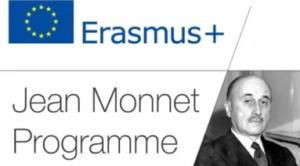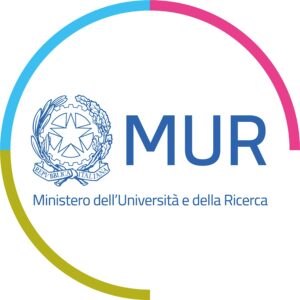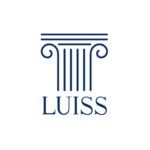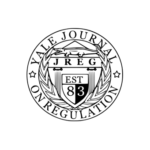ABOUT
Dr. Antonio Davola, LLB with honors (University of Pisa, 2015), LLM (Yale Law School, 2018) PhD with honors in “Law and Technology” (Sant’Anna School of Advanced studies, Pisa, 2019) is Assistant Professor of Economic Law at the University of Bari “Aldo Moro”. Previously, he was Adjunct Professor and Post-Doc Research Fellow at LUISS Guido Carli University in Rome, and Marie Sklodowska Curie Individual Fellow at the University of Amsterdam.
His main areas of interest involve financial markets regulation, competition law, consumer protection and the governance of new technologies. He devotes significant attention to the application of experimental and empirical analysis to consumer protection, consistently with a research approach strongly focused on Law&Economics.
He conducted, amongst others, research on the regulation of road accident caused by autonomous vehicles, privacy implications related to the use of civil drones, algorithmic discrimination and disparate impact arising from the use of behavioral and environmental data for the assessment of consumer credit-scoring, liability of financial intermediaries for activities related to robo-advisory, and on the legal foundations of the interplay between private law and smart contracts.
Within these fields, Antonio authored and co-authored publications in Italian and foreign reviews , and he presented his researches in national and international conferences.
















